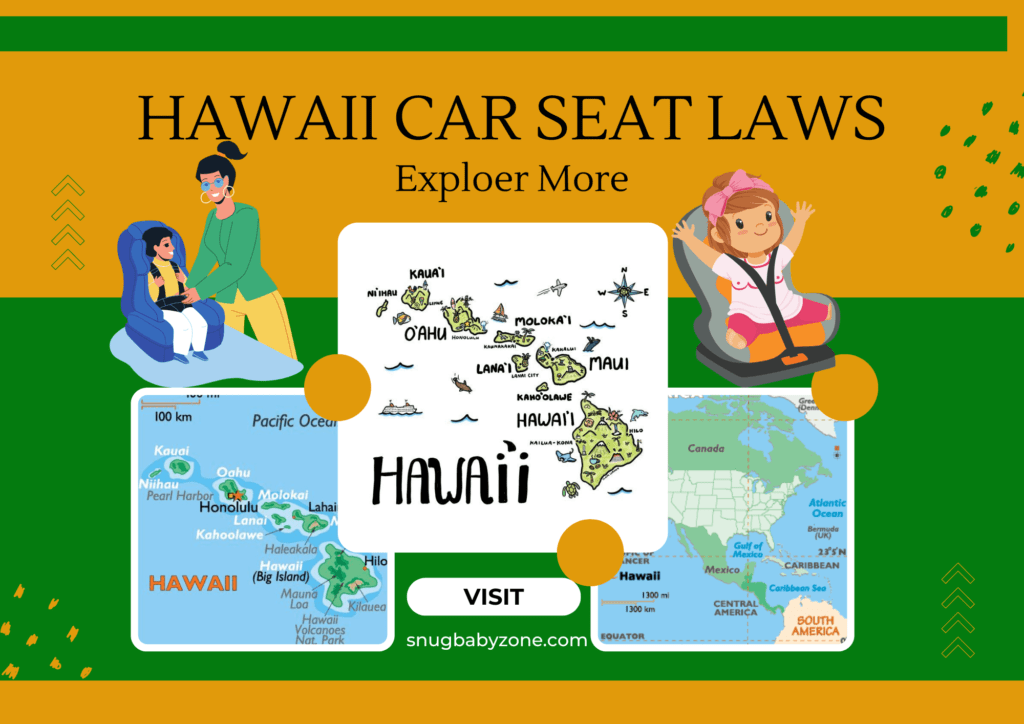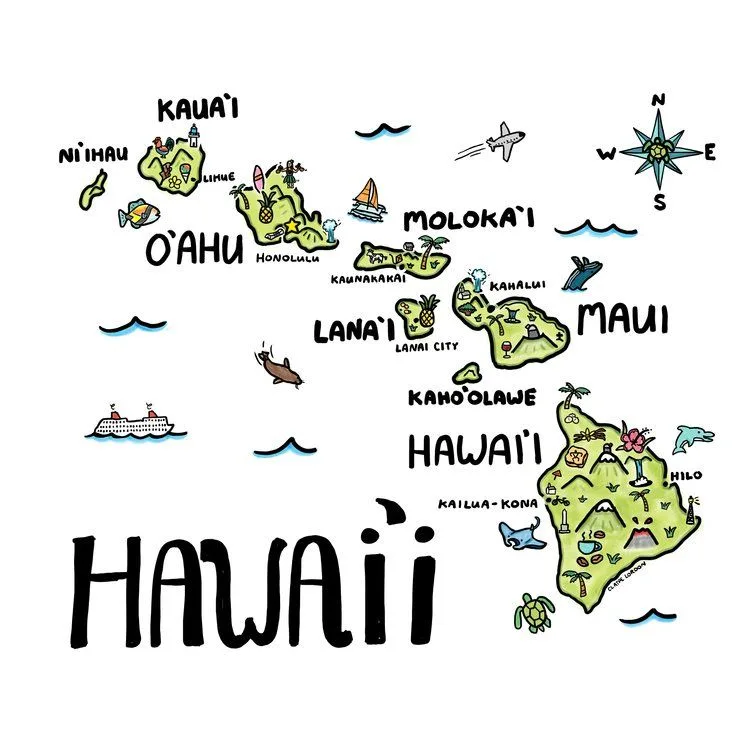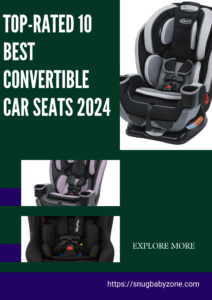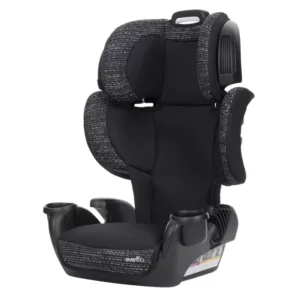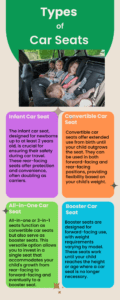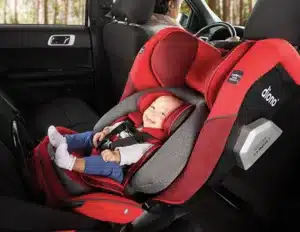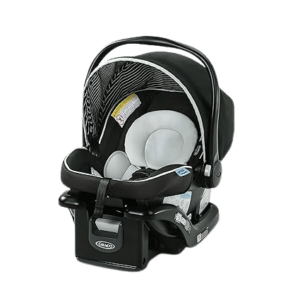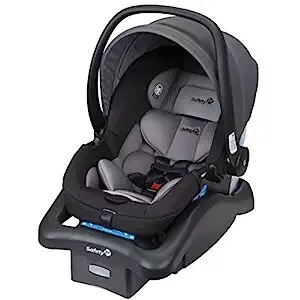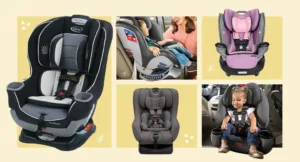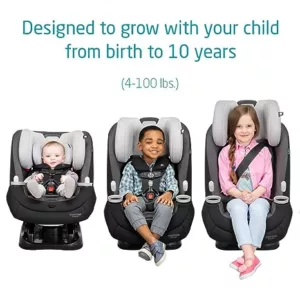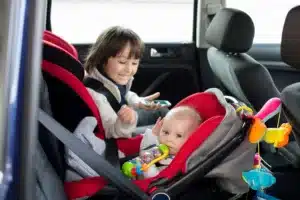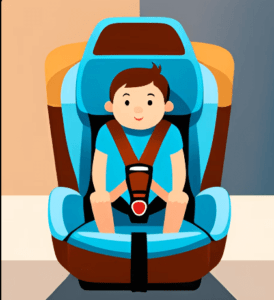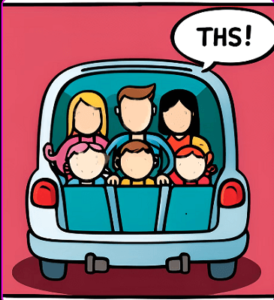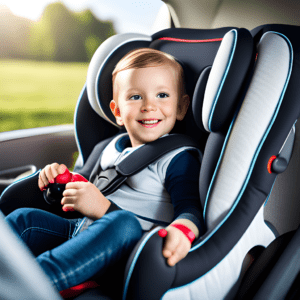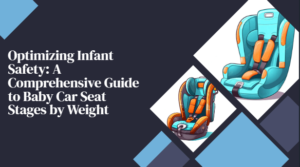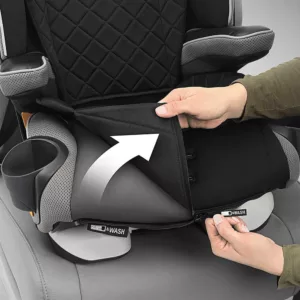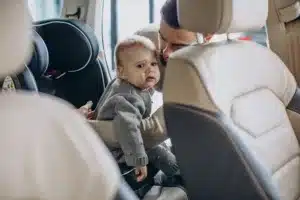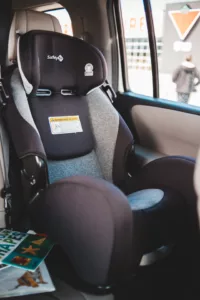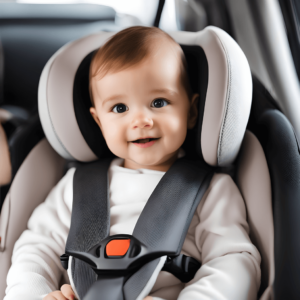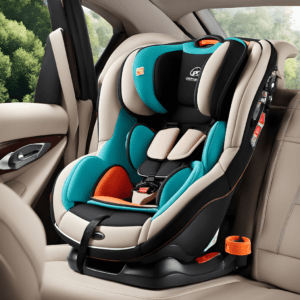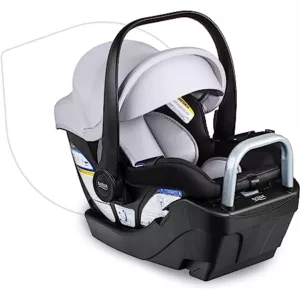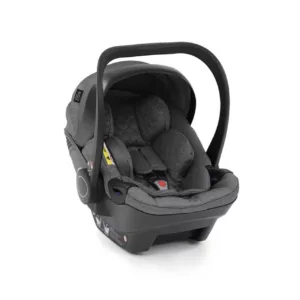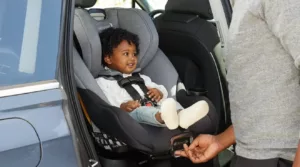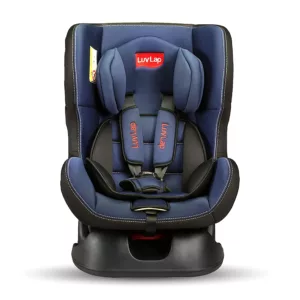Navigating the roads of Hawaii requires adherence to specific regulations, especially when it comes to ensuring the safety of young passengers. Understanding Hawaii car seat laws is paramount for every parent and caregiver. These regulations, mandated by Hawaii State Law for car seats, outline the necessary precautions and guidelines for safely transporting children in vehicles throughout the state.
Thank you for reading this post, don't forget to subscribe!Hawaii car seat laws commitment to child safety on the roads is evident through its stringent car seat laws. With recent amendments to Act 122 and ongoing efforts to enforce booster seat regulations, the state prioritizes protecting its youngest passengers. Let’s delve into the details of Hawaii’s car seat laws to understand their significance and ensure the safety of our kids.
Info-Graphics Hawaii Car Seat Laws:
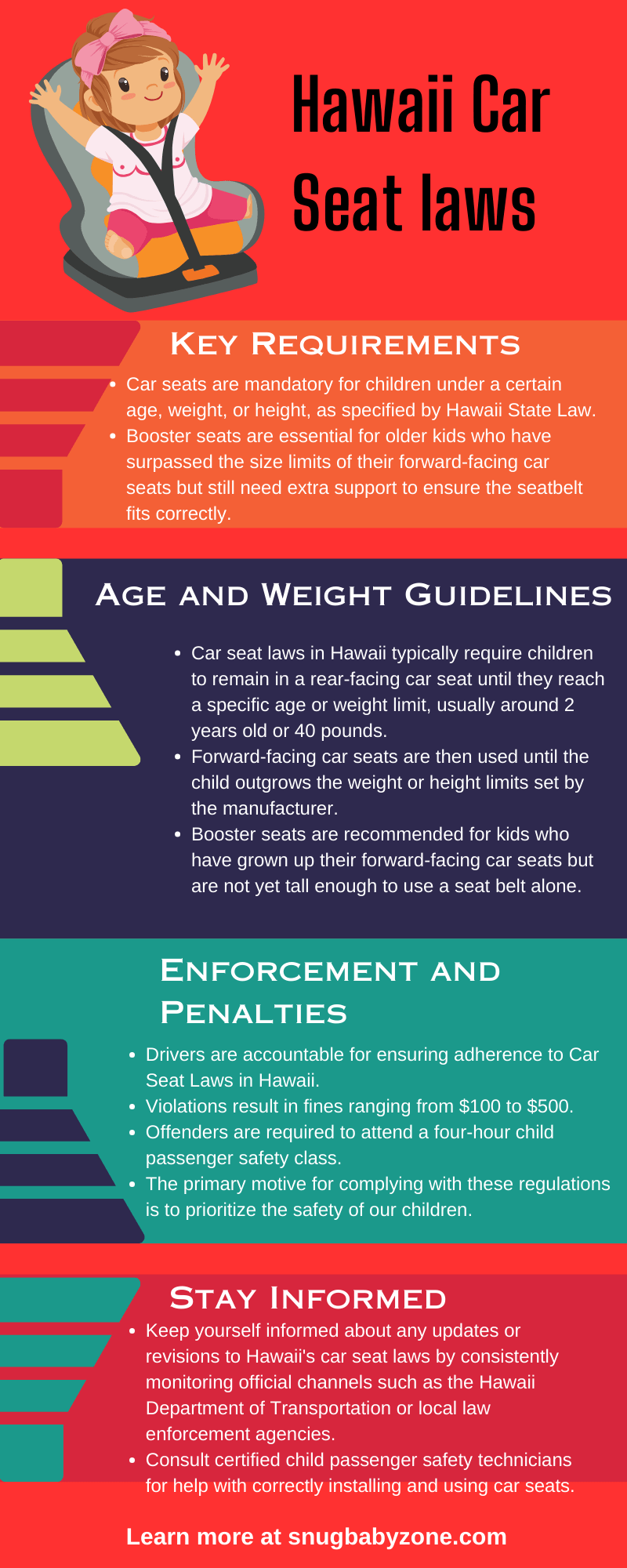
Act 122 Overview Hawaii Car Seat Laws :
Effective June 27, 2022, Act 122 mandates crucial changes to child passenger restraint requirements in Hawaii. Under this law:
- Children under 2 years old must be securely fastened in rear-facing car seats with harnesses.
- Children aged 2 to less than 4 years must use either rear-facing or forward-facing car seats with harnesses.
Children aged 4 to 7 should use booster seats until they are 4’9″ tall or until the vehicle’s lap and shoulder belt fit them correctly.
- All children under 10 years old must be restrained appropriately, irrespective of available seat belt assemblies in the vehicle.
- Violators face fines and are compelled to attend a child passenger safety class sanctioned by the Hawaii State Judiciary.
Table of Contents
ToggleThe Importance of Compliance of Car Seat Law Hawaii:
Governor David emphasizes the significance of these laws, referencing studies showing that children not adequately restrained are three times more likely to suffer injuries in accidents. Act 122 brings Hawaii in line with national guidelines and seeks to close previous legal loopholes.
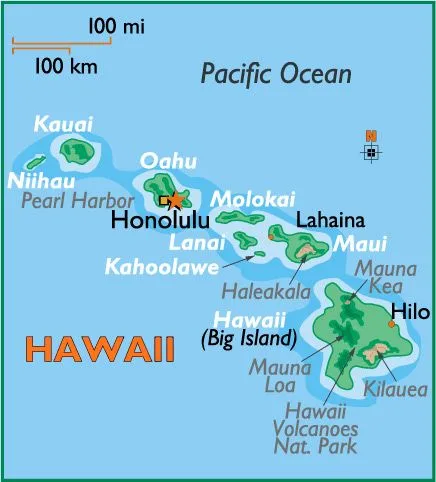
Booster Seat Car Seat Law Hawaii Implementation:
In addition to Act 122, Hawaii enforces booster seat laws targeting children between the ages of four and seven. Since January 1, 2007, children within this age bracket must ride in booster seats, with exemptions only for those over 4’9″ or in vehicles equipped solely with lap-only seat belts.
Responsibility and Penalties Car Seat Laws Hawaii:
Drivers bear the responsibility of ensuring compliance with Car Seat Laws in Hawaii.
Violations incur fines ranging from $100 to $500, accompanied by mandatory attendance at a four-hour child passenger safety class.
However, the paramount reason for adhering to these regulations is the safety of our children.
Guidelines for Booster Seat Usage:
To maximize safety, adhere to these basic guidelines for booster seat usage:
- Children between the ages of 4 and 7 should utilize booster seats until they reach a height of 4’9″ or until the vehicle’s lap and shoulder belt fit them properly.
- Ensure proper positioning of seat belts, with the lap belt snugly secured on the hips and the shoulder belt positioned correctly, avoiding contact with the face or neck.
- Avoid placing the shoulder belt behind the child’s back or under their arm, as this compromises safety.
Importance of Booster Seats:
Statistics reveal that children in booster seats have a significantly lower risk of injury compared to unrestrained children. Booster seats position children appropriately for seat belt safety harnesses, mitigating risks of severe injuries in the event of a crash.
Conclusion of Hawaii State Law for Car Seats:
Hawaii car seat laws aim to safeguard the lives of our youngest passengers. Through Act 122 and booster seat regulations, the state underscores the importance of proper child passenger restraint. As caregivers and drivers, it’s our responsibility to adhere to these laws diligently, ensuring the safety and well-being of our keiki on the road. Let’s prioritize compliance with Hawaii’s car seat laws to protect our most precious passengers.
Frequently Asked Questions about Car Seat Laws Hawaii:
- Are car seats mandatory in Hawaii?
- Absolutely; in Hawaii, it’s a requirement for children under specific age and size thresholds to be safely secured in car seats. Hawaii’s car seat laws mandate that children must remain in an appropriate car seat or booster seat until they meet specific criteria, such as reaching a designated height, weight, or age, as specified by state regulations.
- Do kids need booster seats in Hawaii?
- Yes, children in Hawaii typically need booster seats once they outgrow their forward-facing car seat. Hawaii State Law for car seats mandates the use of booster seats for children who have reached the age, weight, or height requirements specified by the law. Booster seats are essential for ensuring proper seatbelt fit and optimal safety for older children.
- What is the weight limit for a booster seat in Hawaii?
- In Hawaii, the weight limit for a booster seat is typically around 80 pounds. However, it’s crucial to refer to the specific guidelines outlined in Hawaii car seat laws, as these may be subject to change or variation based on updated safety standards. Booster seats are engineered to offer extra support and protection for children until they reach the height where they can safely use a seatbelt independently.
- When is a child prepared to move to a booster seat in Hawaii?
- Identifying whether your child is prepared for a booster seat involves evaluating their age, weight, and height. In general, children become ready for a booster seat once they exceed the height or weight limits of their forward-facing car seat. Before transitioning to a booster seat, it’s essential to ensure that the vehicle’s seatbelt securely fits across your child’s lap and shoulder.
- Are there any exemptions to Hawaii car seat laws?
- Although Hawaii’s car seat laws typically encompass most passenger vehicles, there are instances where exemptions may apply. For example, taxis and other hired vehicles might have varying regulations. Nonetheless, safeguarding your child’s safety should always be the top priority. It’s crucial to utilize an appropriate car seat or booster seat whenever traveling by motor vehicle, regardless of any exemptions that might be in place.
Related Resource:
- Montana Car Seat Laws
- Booster Seat Laws NC
- Virginia Car Seat Laws
- North Carolina Car Seat Laws
- Virginia Drive Smart Annual Report
- Booster Seat Laws Va
- South Carolina Car Seat Laws
- Florida Car Seat Laws
- California Car Seat Law
- NJ Car Seat Law
- Car Seat Laws Missouri
- CT Car Seat Laws
- Louisiana Car Seat Laws
- Oklahoma Car Seat Laws
- Indiana Car Seat Laws
- Washington Car Seat Laws Govt.
- Washington Car Seat Laws
- Alabama Car Seat Laws
- Arkansas Car Seat Laws
- Car Seat Laws Oregon
- NYS Car Seat Laws
- State of Connecticut Car Seat Laws
- Mississippi Car Seat Laws
